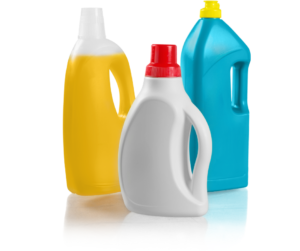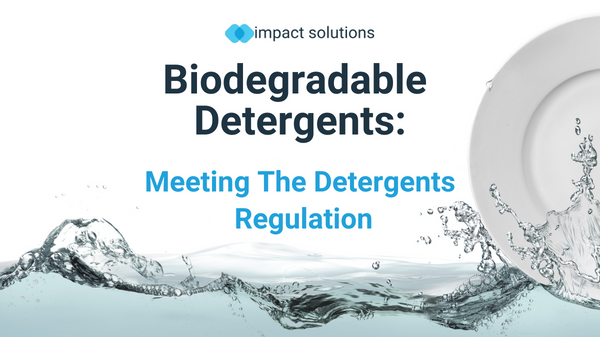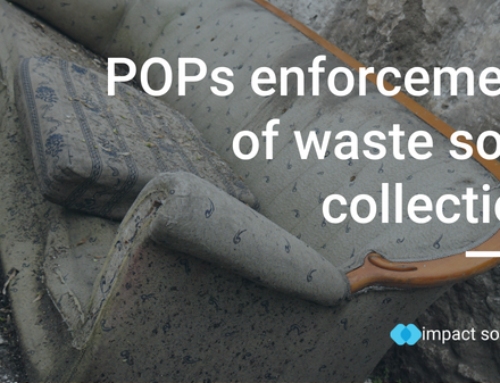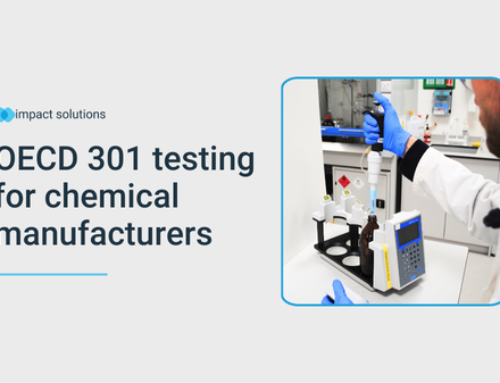What are biodegradable detergents?
We have all come across detergents (known as surfactants), primarily for cleaning. However, the chemicals used within these products can be harmful and damaging to our environment and also human health. Biodegradable detergents have been introduced to focus on combatting these issues allowing the product to be broken down by bacterial activity in the water treatment process and/ or natural environment without releasing any toxins. The transition to biodegradable detergents is so vital that a regulatory procedure for manufacturers to make their detergents biodegradable is now being enforced if their product is sold on the UK market.
What is The Detergents Regulation in the UK?
The objective of The Detergents Regulation (2010) is to achieve the free movement of detergents throughout the UK while, at the same time, ensuring a high degree of protection for human health and the environment. The Detergents Regulation establishes technical standards and requirements in relation to detergents and surfactants for detergents. The Detergents Regulation will:
- harmonise rules on the biodegradability of surfactants in detergents
- impose restrictions or bans on surfactants on grounds of biodegradability,
- make provision for the additional labelling of detergents including fragrance allergens
- set out the information that manufacturers must hold at the disposal of the competent authority and medical personnel
The Detergents Regulation covers the manufacturing of detergents and placing and making them available on the UK market. Under the 2010 Detergents Enforcement Regulations, enforcement officers from the constituent councils in the UK can issue enforcement notices if there is a breach of the Detergents Regulation, setting out the action that needs to be taken and the time period in which the problem should be rectified.
Due to the potential environmental or public health consequences that could result from a breach of the Detergents Regulation, criminal sanctions are also available under the 2010 Detergents Enforcement Regulations. The most serious offences will be triable either way and punishable by up to two years imprisonment and/or an unlimited fine.
Testing your surfactants to avoid penalties
The OECD 301 test has various methods from (A-F) where detergents can be tested for their biodegradability using various different testing apparatus and procedures.
At Impact Solutions we have the capabilities to conduct the OECD 301 F Manometric Respirometry method which is a new test similar to 301 C, differing mainly in the inocula employed.
Please get in touch to discuss with our specialists how we can advise you on the best way forward with your detergent product.

Reference





